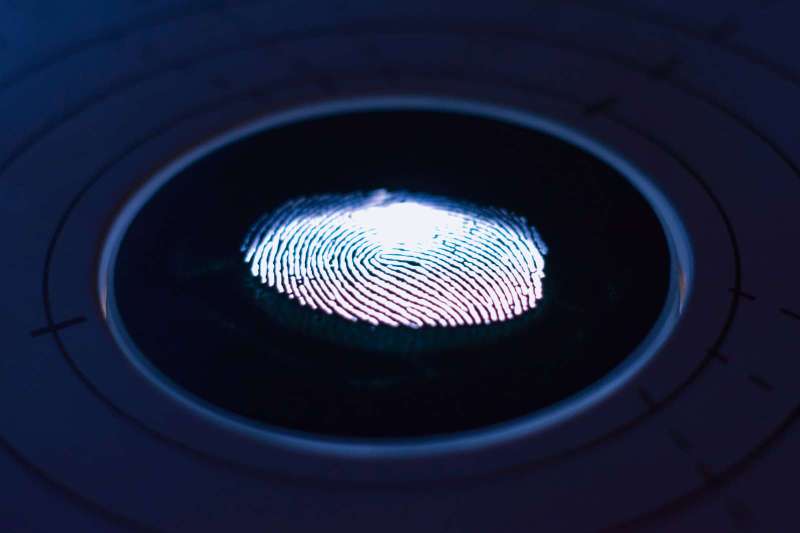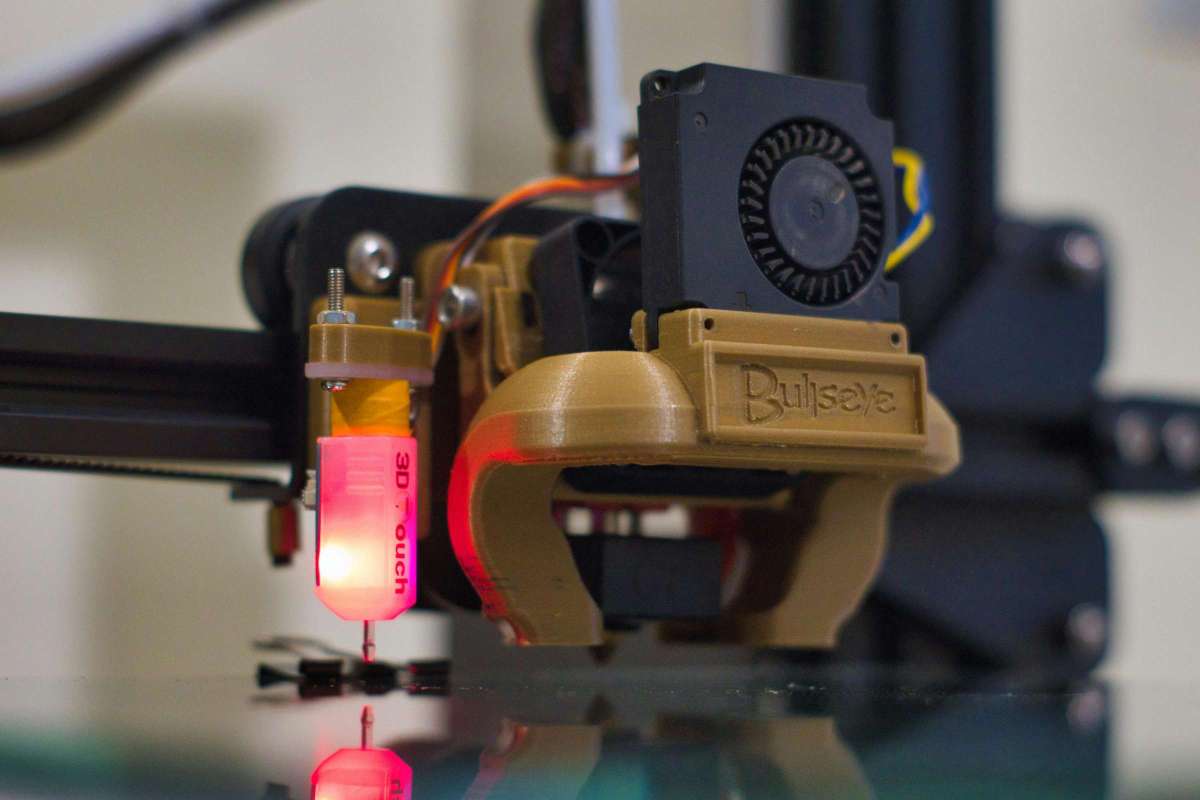Blockchain Beyond Cryptocurrency: Real-World Applications
2 min read
23 Mar 2024
Blockchain technology, originally developed as the underlying technology for cryptocurrencies like Bitcoin, has evolved far beyond its initial use case. Its decentralized, transparent, and secure nature has made it an ideal solution for a wide range of applications across various industries. In this article, we will explore real-world applications of blockchain technology beyond cryptocurrency and delve into how it is transforming businesses and processes.
Supply Chain Management Blockchain has found significant applications in supply chain management, where transparency and traceability are paramount. By recording every step of a product's journey on a blockchain, stakeholders can track the origin of materials, verify authenticity, and ensure compliance with regulations. This is especially critical in industries such as food and pharmaceuticals, where safety and provenance are essential.
Example: IBM's Food Trust platform uses blockchain to track the source of food products, allowing consumers to trace the journey of items like fruits and vegetables from farm to store.

Digital Identity Verification Blockchain provides a secure and tamper-proof way to verify digital identities, reducing identity theft and fraud. Users can control their personal information, granting access only to authorized parties. This is particularly valuable in applications like secure login systems, e-residency programs, and identity verification for financial services.
Example: Estonia's e-Residency program uses blockchain to provide secure digital identity cards, allowing remote entrepreneurs to access government services and conduct business online.
Smart Contracts Smart contracts are self-executing agreements with the terms directly written into code. These contracts automatically execute and enforce terms when predefined conditions are met. They find applications in various industries, including finance, real estate, and insurance, simplifying complex processes and reducing the need for intermediaries.
Example: Ethereum, a blockchain platform, is known for its smart contract functionality, allowing developers to create decentralized applications (DApps) and automate contractual agreements.
Voting Systems Blockchain can enhance the transparency and security of voting systems. By recording votes on a blockchain, elections become tamper-resistant, and results can be independently verified. This technology has the potential to address concerns related to election fraud and improve the integrity of democratic processes.
Example: West Virginia piloted a blockchain-based mobile voting app for military personnel and overseas citizens during the 2018 midterm elections, aiming to improve accessibility and security.
Healthcare Data Management Managing healthcare data securely and ensuring patient privacy are critical challenges. Blockchain can facilitate secure data sharing among healthcare providers, researchers, and patients while ensuring compliance with data protection regulations.
Example: Medicalchain, a blockchain-based platform, allows patients to have control over their health records and share them securely with healthcare providers.
Intellectual Property Protection The provenance and ownership of intellectual property, such as patents, copyrights, and trademarks, can be recorded on a blockchain, preventing counterfeiting and unauthorized use. Artists, authors, and inventors can protect their creations and receive fair compensation through transparent royalty systems.
Example: The company Mediachain (now part of Spotify) used blockchain to create a decentralized media attribution platform, ensuring proper recognition and compensation for content creators.
Real Estate Transactions
Real estate transactions are often complex and involve multiple intermediaries. Blockchain simplifies the process by securely recording property ownership, titles, and transactions. It reduces fraud, speeds up transactions, and lowers costs.
Example: Propy, a blockchain-based real estate platform, enables international property transactions by digitizing and verifying property titles and ownership records.
Cross-Border Payments Blockchain technology can streamline cross-border payments by eliminating intermediaries, reducing transaction costs, and increasing the speed of settlements. This is particularly valuable for remittances and international trade.
Example: RippleNet, a blockchain-based payment network, connects financial institutions worldwide, enabling faster and cheaper cross-border payments.
Blockchain technology, originally conceived for cryptocurrency, has grown into a versatile and transformative solution for numerous industries. Its core attributes of decentralization, transparency, and security have paved the way for a wide range of real-world applications, from supply chain management and digital identity verification to smart contracts and voting systems. As blockchain technology continues to mature and gain wider acceptance, its impact on businesses and processes is expected to grow, driving greater efficiency, security, and transparency across various sectors.
More Articles

AI Ethics: Addressing Bias and Responsible AI Development
4 min read | 08 Jul 2024

Computer Vision: Applications and Innovations in AI
3 min read | 07 Jul 2024

AI in Marketing: Personalization and Customer Engagement
5 min read | 06 Jul 2024

AI and Education: Revolutionizing Learning Environments
7 min read | 05 Jul 2024
More Articles

Smart Sensors: The Tiny Devices Making a Big Impact
6 min read | 19 Jul 2024

Digital Fabrication: Crafting the Future One Layer at a Time
6 min read | 18 Jul 2024

3D Printing: How It's Changing the World as We Know It
4 min read | 17 Jul 2024

Additive Manufacturing: The Technology Behind 3D Printing
5 min read | 16 Jul 2024
